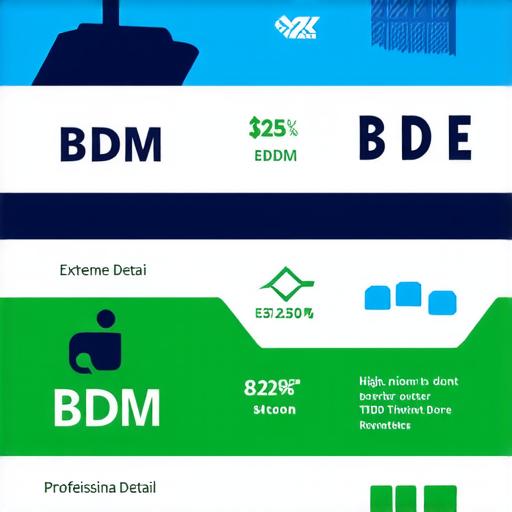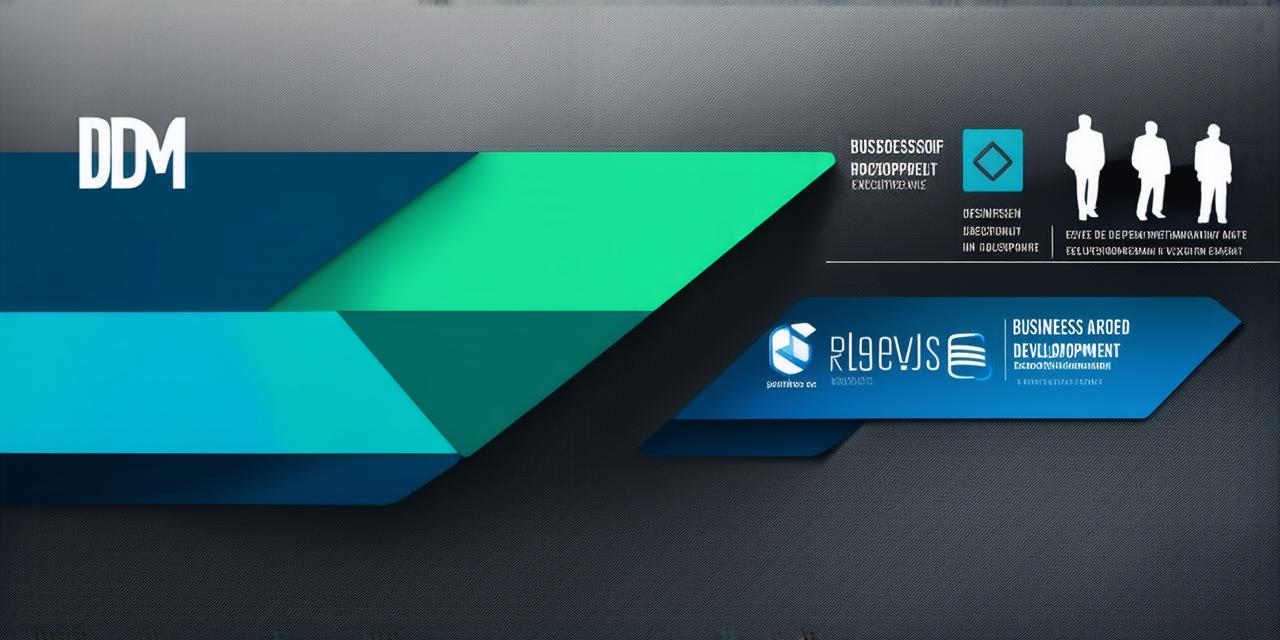In the business world, there are many different roles that professionals can take on. Two common roles in development services are Business Development Manager (BDM) and Business Development Executive (BDE). While these roles share some similarities, they also have distinct differences that make them unique.
In this article, we will explore what makes BDMs and BDEs stand out and how they can be used effectively to drive business growth.
Business Development Manager (BDM)
The Business Development Manager is responsible for identifying new business opportunities and building relationships with potential clients. Their primary focus is on finding ways to increase revenue and grow the company’s customer base. BDMs often work closely with sales teams to create effective marketing strategies that will help generate leads and close deals. They may also be involved in negotiating contracts and managing client relationships.
One of the key responsibilities of a Business Development Manager is to understand their target market and identify potential new clients. This requires a deep understanding of the needs and pain points of the company’s current clients, as well as an ability to anticipate and meet the needs of potential new clients. BDMs must also be skilled at building relationships with key decision-makers within potential clients’ organizations.
To be successful in this role, a Business Development Manager must have excellent communication skills and be able to effectively convey the value of the company’s products or services to potential clients. They should also be able to think creatively and come up with new ways to generate business opportunities.
Business Development Executive (BDE)
The Business Development Executive is responsible for driving strategic growth initiatives within the company. Their focus is on identifying new business opportunities that align with the company’s overall strategy and vision. BDEs often work closely with senior management to develop and implement long-term plans that will help drive growth and increase profitability.
One of the key responsibilities of a Business Development Executive is to understand the company’s overall strategy and identify ways to align this strategy with new business opportunities. This requires a deep understanding of the market, as well as an ability to anticipate and capitalize on emerging trends and opportunities. BDEs must also be skilled at developing and executing strategic plans that will help drive growth and increase profitability.
To be successful in this role, a Business Development Executive must have excellent analytical skills and be able to think strategically about the company’s business. They should also be able to communicate effectively with senior management and work collaboratively to develop and implement long-term plans that will drive growth and increase profitability.
Comparing BDMs and BDEs
While both BDMs and BDEs are involved in driving business growth, there are some key differences between the two roles. Here are some of the main differences:
- Focus: BDMs focus on identifying new business opportunities and building relationships with potential clients, while BDEs focus on developing strategic initiatives that align with the company’s overall strategy and vision.
- Responsibilities: BDMs are responsible for working closely with sales teams to create effective marketing strategies that will help generate leads and close deals, while BDEs are responsible for developing and executing long-term plans that will drive growth and increase profitability.
- Skills: BDMs need strong communication skills and the ability to build relationships with potential clients, while BDEs need excellent analytical skills and the ability to think strategically about the company’s business.
- Timeline: BDMs work on a short-term basis, with a focus on generating immediate results, while BDEs work on long-term projects that may take months or even years to develop and execute.
Case Studies and Personal Experiences
Let’s look at some real-life examples of how BDMs and BDEs have been used effectively to drive business growth:
Example 1: A software development company hired a Business Development Manager to identify new business opportunities in the education sector. The BDM worked closely with the sales team to create effective marketing strategies that highlighted the benefits of the company’s software for schools and universities. Through these efforts, the company was able to generate significant revenue from the education sector and build strong relationships with key decision-makers within potential clients’ organizations.
Example 2: A technology consulting firm hired a Business Development Executive to drive strategic growth initiatives that aligned with the company’s overall vision of becoming a leading provider of cloud-based solutions. The BDE worked closely with senior management to develop and execute long-term plans that focused on developing new cloud-based services, expanding the company’s customer base, and increasing revenue. Through these efforts, the company was able to grow significantly and become a leader in the cloud-based technology space.
FAQs
Here are some frequently asked questions about BDMs and BDEs:
Q: What are the main differences between BDMs and BDEs?
BDMs focus on identifying new business opportunities and building relationships with potential clients, while BDEs focus on developing strategic initiatives that align with the company’s overall strategy and vision.
Q: How do BDMs and BDEs differ in their responsibilities?
BDMs are responsible for working closely with sales teams to create effective marketing strategies that will help generate leads and close deals, while BDEs are responsible for developing and executing long-term plans that will drive growth and increase profitability.
Q: What skills do BDMs and BDEs need?
BDMs need strong communication skills and the ability to build relationships with potential clients, while BDEs need excellent analytical skills and the ability to think strategically about the company’s business.
Conclusion
In conclusion, Business Development Manager (BDM) and Business Development Executive (BDE) are two important roles in development services that have distinct differences. While both roles involve driving business growth, BDMs focus on identifying new business opportunities and building relationships with potential clients, while BDEs focus on developing strategic initiatives that align with the company’s overall strategy and vision.

